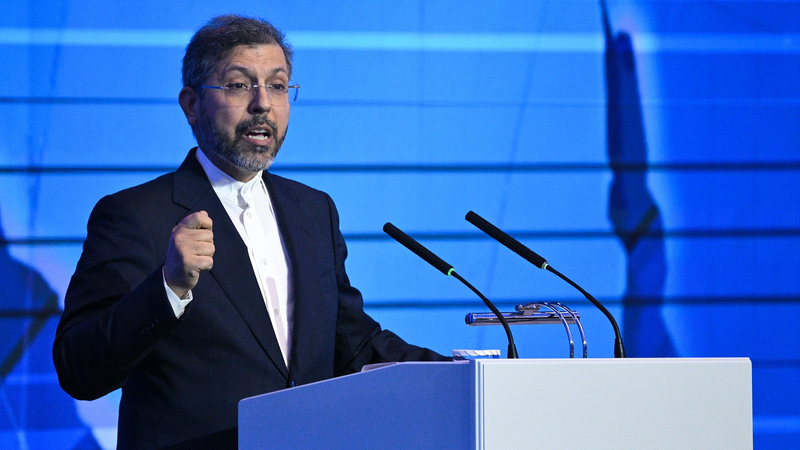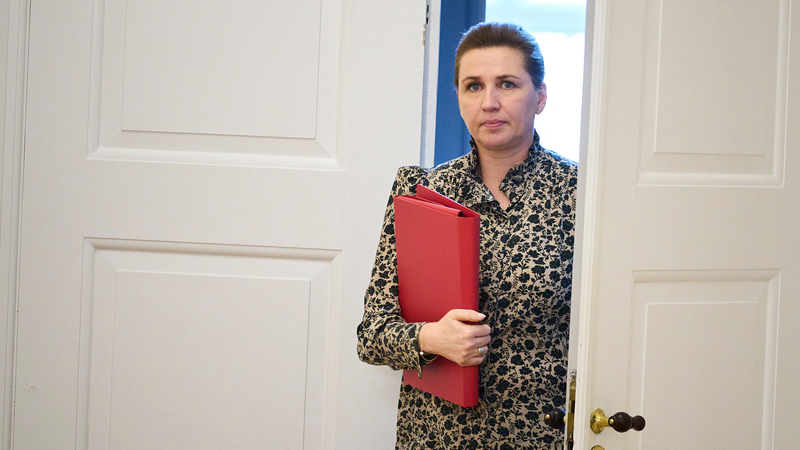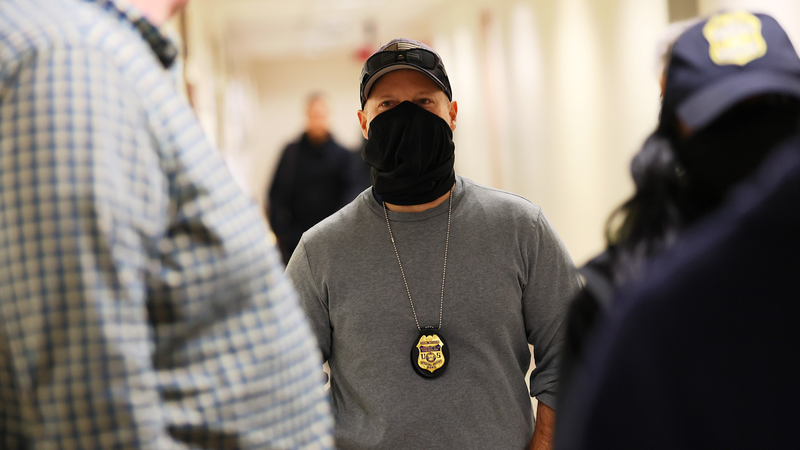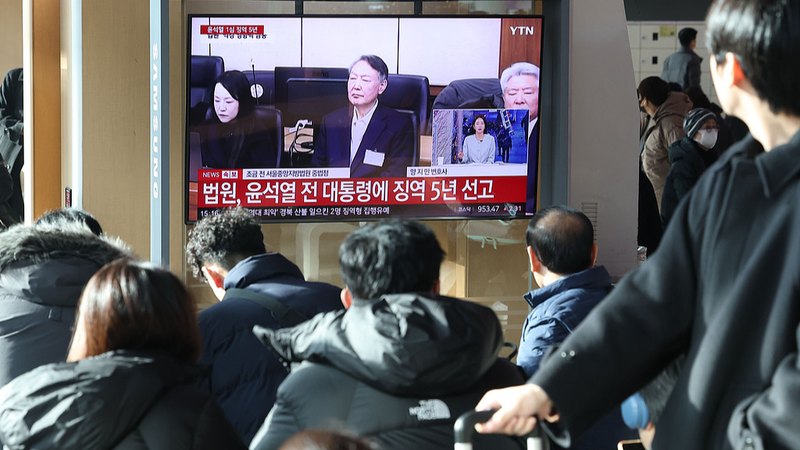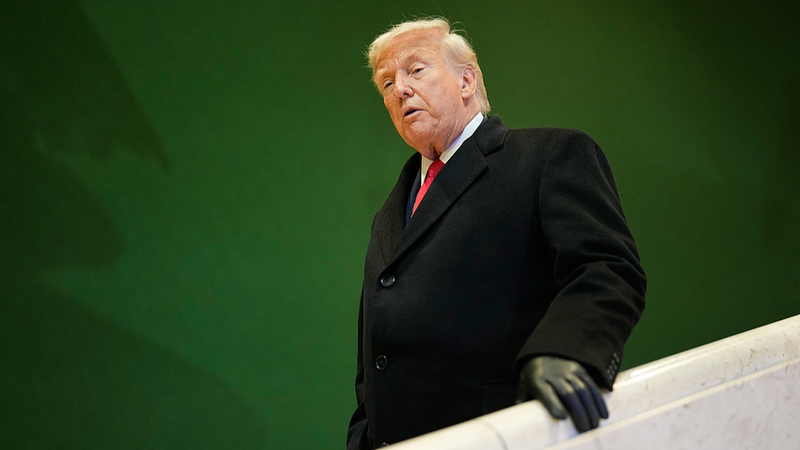Heads up! Iran’s Deputy Foreign Minister Saeed Khatibzadeh just said Tehran wants a 'peaceful' nuclear deal with the US—but it won’t budge on national security. 🕊️✨
Here’s the scoop: The US, its European allies, and Israel suspect Iran’s nuclear work hides a weapons plan. Tehran insists it’s all for energy and research. ⚡🔬
Back in October, former President Donald Trump even said the US was ready to chat 'when Iran is prepared,' calling it an open hand of friendship. But mixed signals from Washington via third countries have stalled real talks. 🤷♂️🤷♀️
Before the June flare-up, they held five rounds of nuclear talks. Then a brief Iran-Israel conflict hit key nuclear sites, and diplomacy paused. Khatibzadeh slammed the US for 'betraying diplomacy,' leaving big gaps—especially over uranium enrichment. The US wants it cut to zero; Iran refuses. ⚠️
Last week, Supreme Leader Ayatollah Ali Khamenei ruled out negotiations under threat. Khatibzadeh stressed that Tehran isn't seeking nukes and is proud of its home-grown program while ready to assure the world. 🎤🔍
Why this matters in South Asia? In a region where India and Pakistan navigate their own nuclear balance, any shift in Tehran’s stance sends ripples across global security. 🌐🇮🇳🇵🇰
The bottom line? Trust is low, but the door’s ajar. Will cooler heads prevail, or are we in for more diplomatic drama? 🌍🤔
Stay tuned as we track any moves toward a breakthrough. For now, it’s a high-stakes game of trust, transparency, and tech. 💡🎲
Reference(s):
cgtn.com
